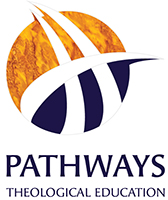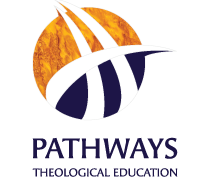Progressive seminaries play a crucial role in educating future pastors, chaplains, activists and faith leaders across diverse ministry contexts. PATHWAYS is a non-seminary approach to progressive theological education that embraces an intersectional approach to support people of color, women and marginalized genders and sexual orientations. Many of our facilitators, course writers and board members are part of other theological institutions including progressive seminaries, but all have practical experience. PATHWAYS Theological prioritizes practical pastoral training, spiritual development, critical thinking, social activism and commitment to transformative theology. PATHWAYS Theological Education is the best kept secret in progressive theological institutions.
The following description of progressive Christian theology is intended to introduce the PATHWAYS program and help prospective learners assess the fit between their educational needs and the theological orientation of PATHWAYS.
Christian faith is about how to live in loving, healing relationship to God, one another, and all of creation. We look to Jesus’ teaching and life to light our path to God in our uniquely Christian perspective. We affirm that God hears and speaks all languages of faith and values all expressions of faith that give life, light, and hope to the world. God loves and cares for every person, seeking our health and wholeness, extending forgiveness when we fail, and the grace to begin anew each day. We are called to have compassion and love for others; to reach out to those on the margins of life; to seek political and economic justice in the world; and to pray for our enemies.
Progressive Christians cherish the Bible as sacred scripture, a source of inspiration, history, culture, life-transforming narratives, and expressions of the human condition before God. We understand all theology to be contextual; that is, arising from a particular culture, time period, and experience. Thus our faith is expanded and tested as we interact with and learn from other sources and faiths and by new insights from contemporary scientific, social, psychological, and historical research. Our faith journeys are further shaped and informed as we reflect on our experiences, trusting that God welcomes our doubts and questions as well as our devotion and prayers.



